
Have you ever felt nervous about getting a vaccine? It's completely normal to have some concerns. Vaccines are essential for preventing diseases, but occasionally they can cause problems.
This is known as a vaccine injury. In this post, I'll explain what vaccine injury means and how to identify it. I'll explore this topic and share information to help you understand it better.
Key Takeaways
- Vaccine injuries are rare but serious health problems caused by vaccines, tracked by the government through VAERS.
- Common vaccine injuries include Guillain-Barré Syndrome, shoulder injuries (SIRVA), and brain/spinal cord inflammation.
- Immediate reactions like allergic shock can happen right after vaccination, while delayed reactions may occur 2-28 days later.
- The Vaccine Injury Compensation Program in the U.S. and similar programs in other countries help people hurt by vaccines.
- As of November 2024, over 14,000 claims were filed with the Countermeasures Injury Compensation Program, but only 105 were found eligible for compensation.
Exploring Vaccine Injury
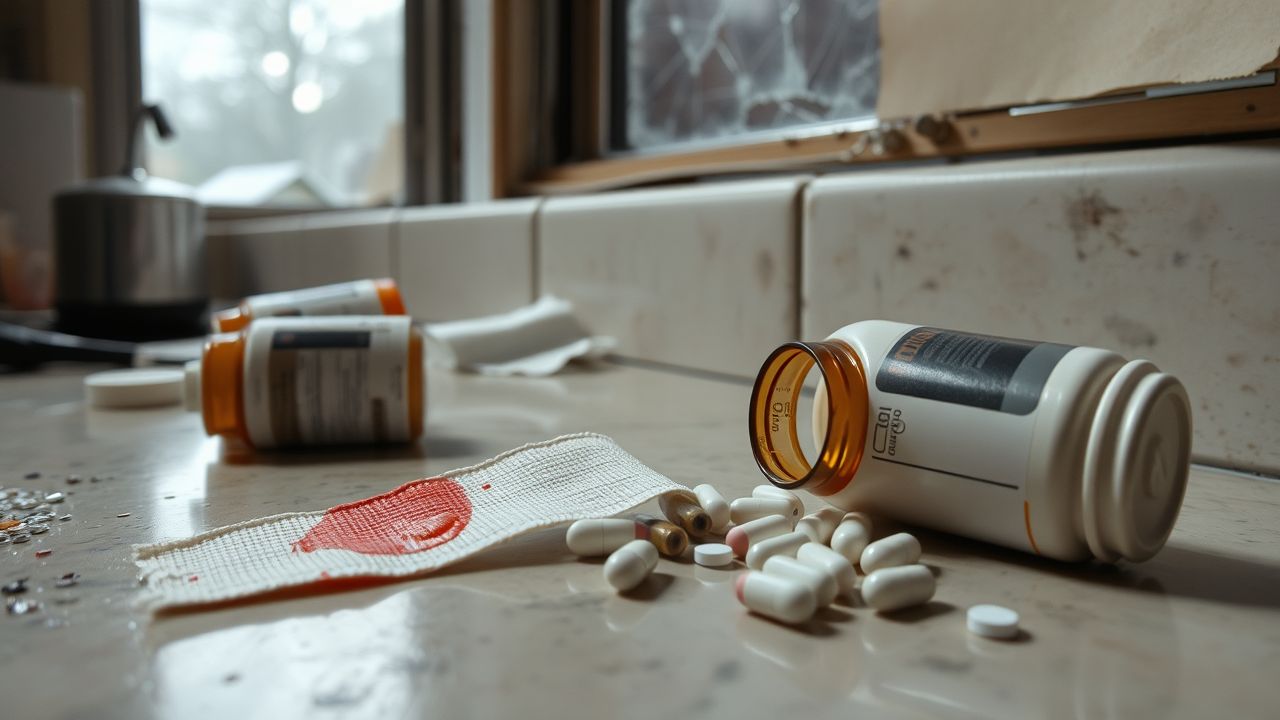
Vaccine injury can happen to anyone. I've seen it firsthand, and it's not always easy to spot.
Defining Vaccine Injury
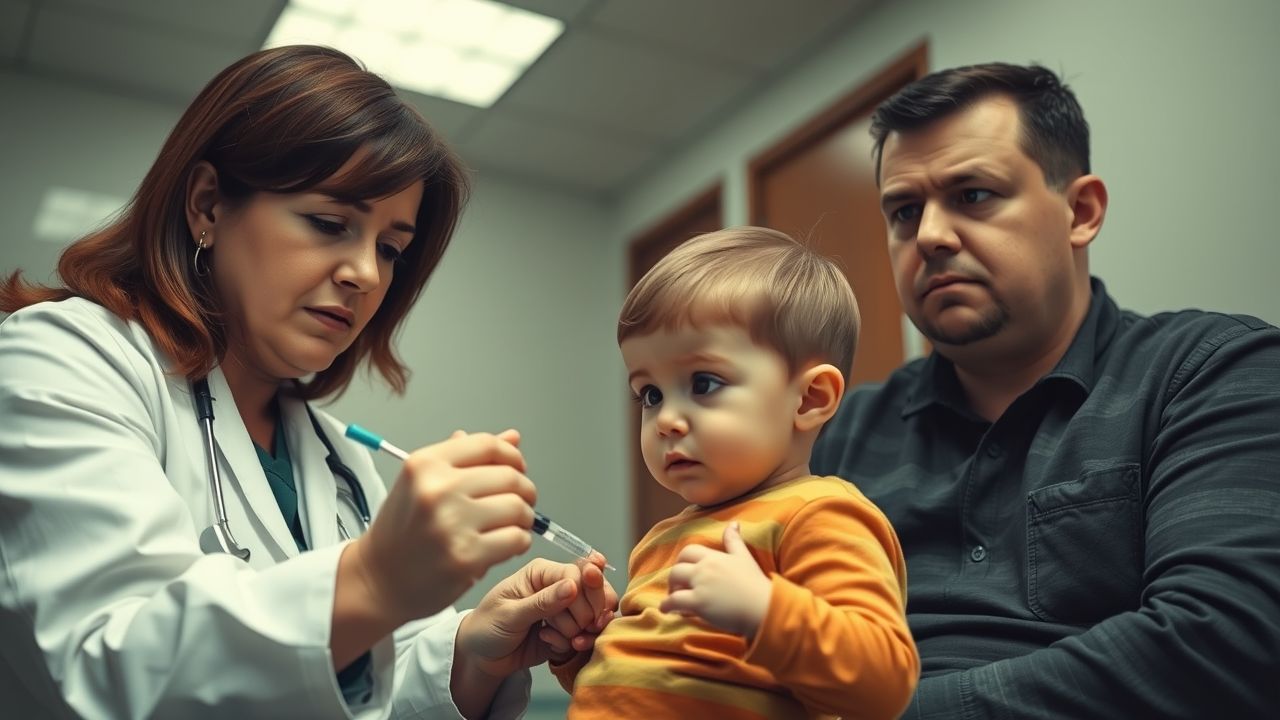
I've seen a lot of confusion about vaccine injuries. Let me clear things up. A vaccine injury is a bad reaction that happens after getting a shot. It's not just a sore arm or feeling tired for a day.
We're talking about serious health problems that pop up because of the vaccine. These issues are super rare, but they can happen. The government even keeps track of them through a system called VAERS.
Now, don't get me wrong. Vaccines are still really important and safe for most people. But sometimes, things can go sideways. That's why there's a special program called the National Vaccine Injury Compensation Program.
It's there to help folks who've had a rough time after getting vaccinated. It's like a safety net, you know? If something goes wrong, you're not left hanging.
Common Vaccine Injury Types
Vaccine injuries can take many forms. Here are some common types I've seen:
- Guillain-Barré Syndrome (GBS): This scary condition causes muscle weakness and even paralysis. It starts in your legs and can spread upwards. Your immune system attacks your nerves, leading to tingling and numbness.
- Shoulder Injury Related to Vaccine Administration (SIRVA): This happens when the shot is given too high on your arm. It can cause pain, limited motion, and shoulder issues within 48 hours of getting the vaccine.
- Transverse Myelitis (TM): Your spinal cord gets inflamed with this one. You might feel pain, weakness, or odd sensations. It can affect how you move and feel below the injured area.
- Idiopathic Thrombocytopenic Purpura (ITP): This tongue-twister attacks your platelets. You may bruise or bleed easily. It's like your body decided to play rough with itself.
- Acute Disseminated Encephalomyelitis (ADEM): This one's a doozy. It affects both your brain and spinal cord. You might get headaches, fever, and confusion. It can even cause seizures in some cases.
- Chronic Inflammatory Demyelinating Polyneuropathy (CIDP): This long-term condition messes with your peripheral nerves. You'll feel weak and numb, especially in your arms and legs. It's like GBS's stubborn cousin that won't go away.
Identifying Signs and Symptoms of Vaccine Injury
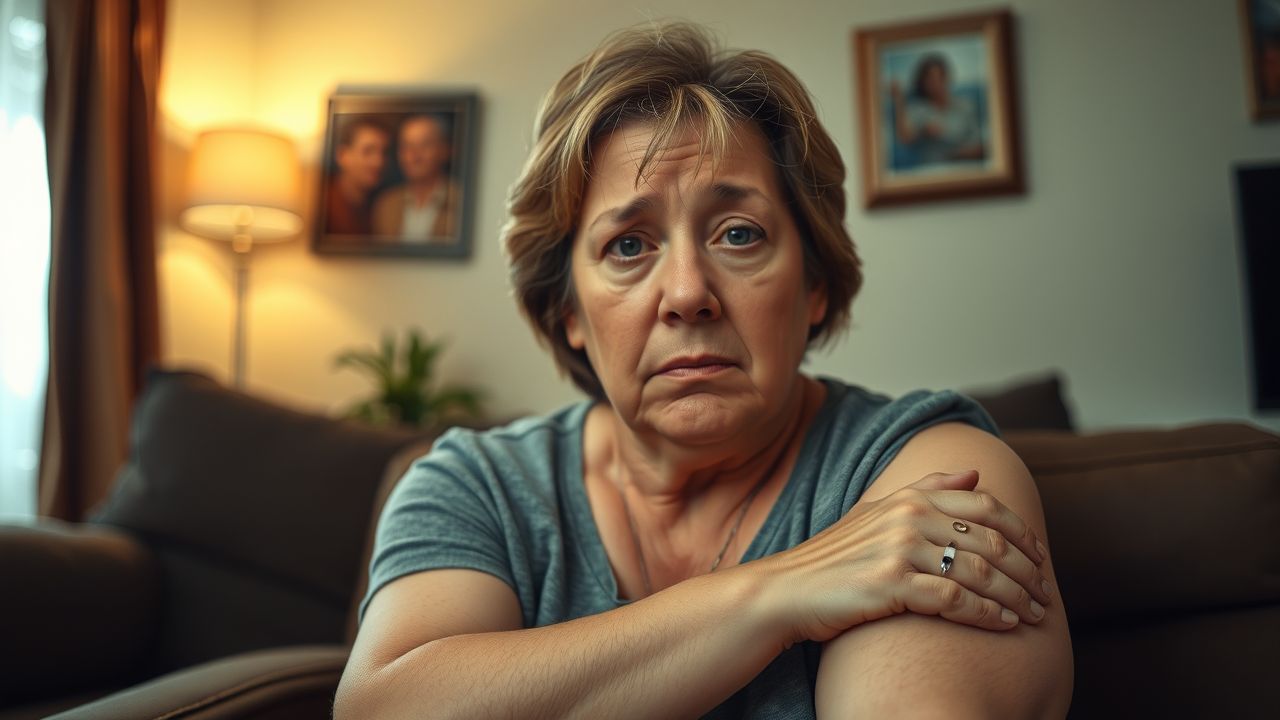
I've seen many folks struggle to spot vaccine injury signs. Some reactions pop up right away, while others take their sweet time to show up.
Immediate Vaccine Injury Reactions
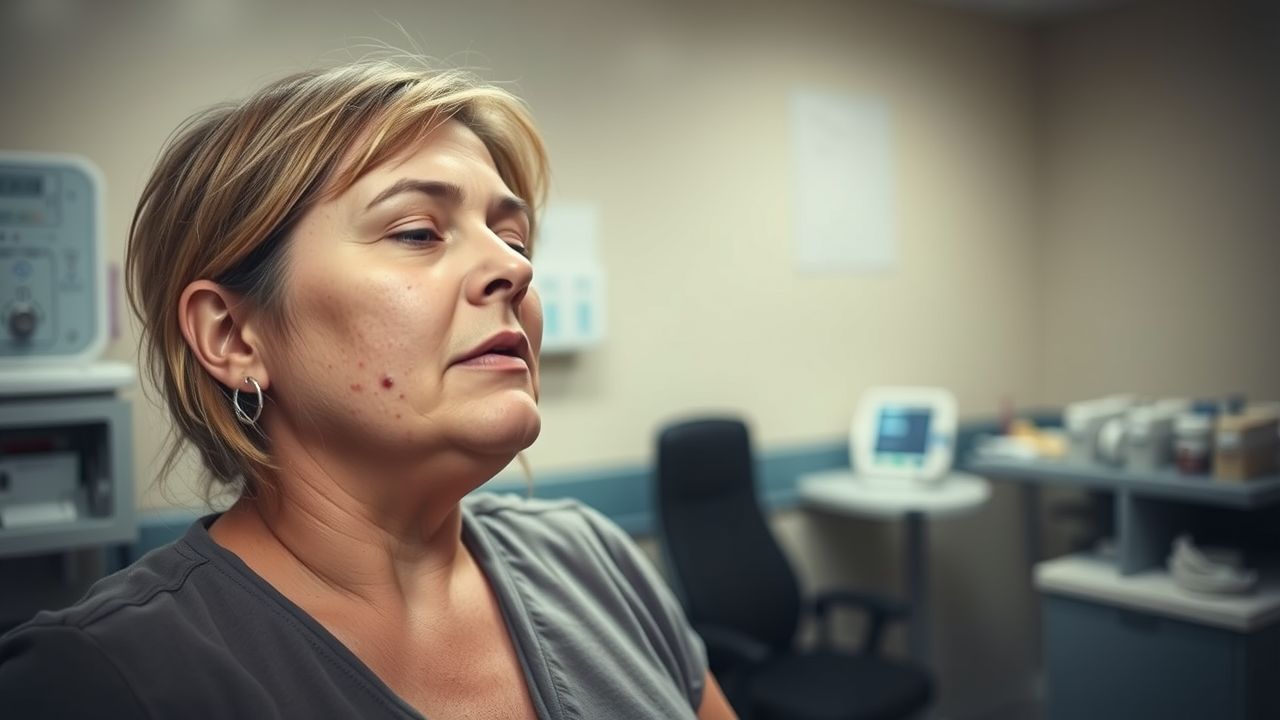
Vaccine injuries can happen right after getting a shot. I've seen some scary reactions that pop up fast.
- Allergic shock: This is super serious. Your throat might swell up, making it hard to breathe. You could get hives or feel dizzy. Your heart might race too.
- High fever: Some folks spike a fever after their shot. It can make you feel awful, with chills and body aches.
- Fainting: I once saw someone pass out right after their jab. It's more common than you'd think, especially in teens.
- Seizures: These are rare, but they can happen. Your body might shake all over, and you could lose consciousness.
- Shoulder pain: Sometimes the shot itself can hurt your shoulder. It might feel stiff or hard to move for days.
- Rashes: Weird rashes can pop up on your skin. They might be itchy or just look odd.
- Headaches: Bad headaches can start soon after a vaccine. They can last for hours or even days.
- Nausea: Feeling sick to your stomach is pretty common. You might even throw up.
These quick reactions are why doctors make you wait around after your shot. Now, let's talk about delayed vaccine injury reactions.
Delayed Vaccine Injury Reactions
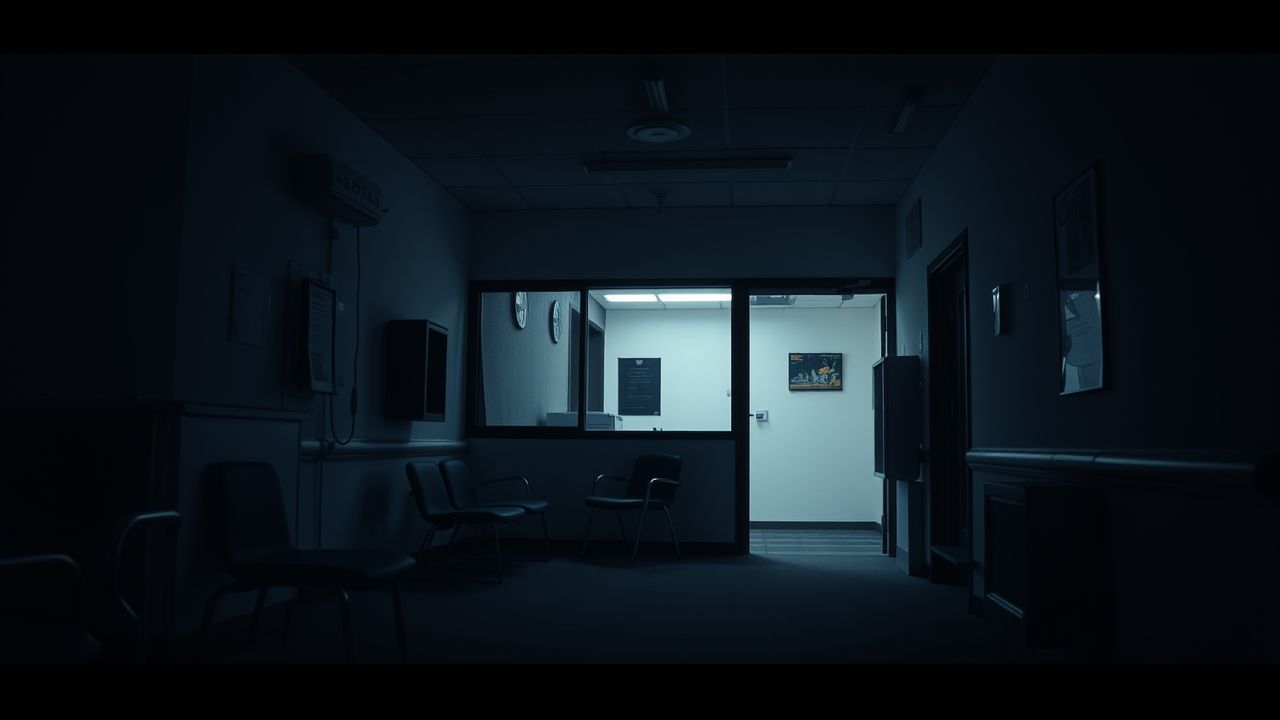 Delayed vaccine injuries can sneak up on you weeks or months after getting a shot. I've seen it happen, and it's scary stuff. Here's what you need to know:
Delayed vaccine injuries can sneak up on you weeks or months after getting a shot. I've seen it happen, and it's scary stuff. Here's what you need to know:
- Timing: These reactions often show up 2-28 days post-jab. It's not like the quick stuff that hits right after.
- Guillain-Barré Syndrome (GBS): This rare nerve problem can make your muscles weak. It's linked to some flu shots and the J&J COVID vaccine.
- Arm troubles: Some folks get shoulder pain that won't quit. It's called SIRVA - Shoulder Injury Related to Vaccine Administration.
- Brain buzz: Acute Disseminated Encephalomyelitis (ADEM) is a big name for swelling in your brain and spinal cord. It's super rare but can happen after certain shots.
- Allergy alert: Keep an eye out for hives, swelling, or trouble breathing. These can pop up days later and need quick action.
- Fever watch: If you spike a high temp days after your shot, it's time to call the doc. It could be more than just a normal reaction.
- Chest check: Lasting chest pain isn't normal. It might be a sign of heart inflammation, which has been seen with some COVID vaccines.
- Money matters: Severe reactions can hit your wallet hard. Think legal fees, missed work, and big medical bills.
- Reporting is key: If you think you've got a delayed reaction, tell your doctor and report it to VAERS. It helps track vaccine safety.
- Help is out there: The National Vaccine Injury Compensation Program can offer support if you're dealing with a serious reaction.
- Act fast: Catching these issues early is crucial. The sooner you spot symptoms, the better your chances of getting help.
How to Report Vaccine Injuries
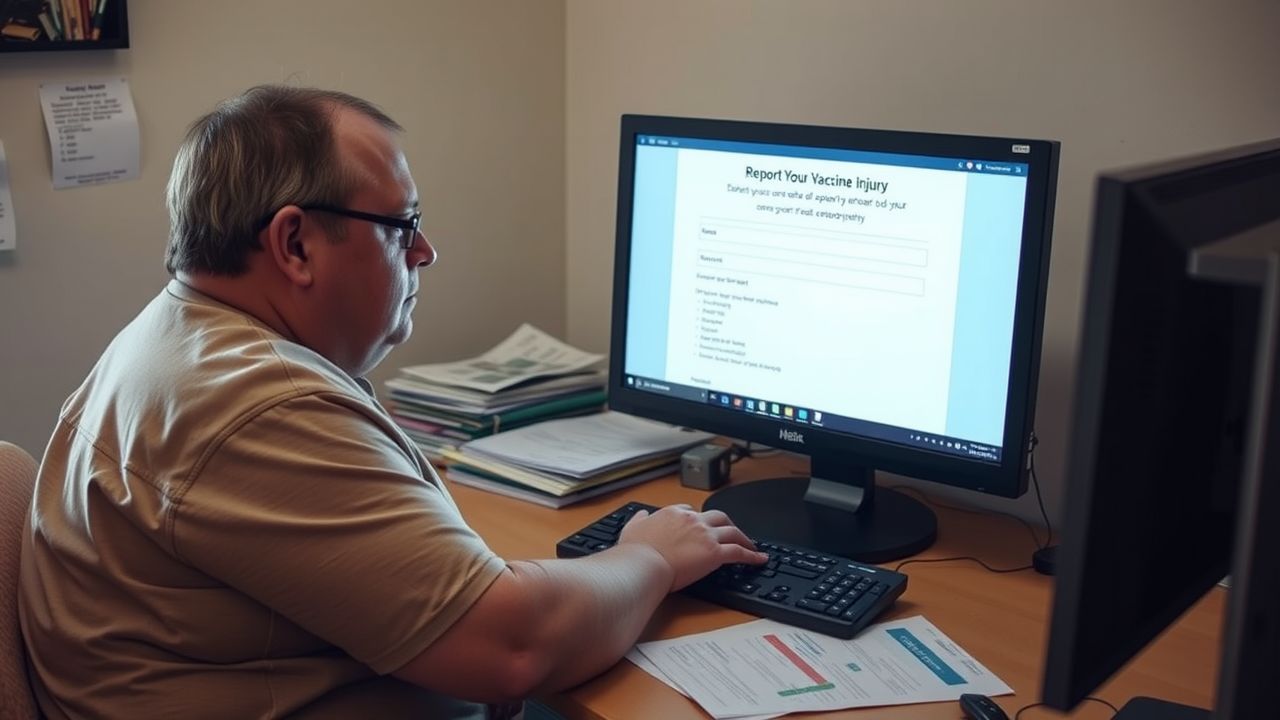
Reporting vaccine injuries is crucial for public safety. You can use online tools to submit your experience and help track potential issues.
Using the Vaccine Adverse Event Reporting System (VAERS)
.jpg)
I've used VAERS to report my own vaccine side effects. It's a key tool for tracking vaccine safety in the U.S. As someone who's been through it, I can tell you it's pretty simple to use.
You can submit reports online or by filling out a PDF form. Doctors must report certain bad reactions, but anyone can report issues they've had.
VAERS is extra important right now for COVID-19 vaccines. There are special rules about what needs to be reported for those shots. The same goes for monkeypox vaccines - any serious problems have to be reported.
I found it helpful to know that even small issues or mistakes with giving the vaccine can be reported too. It's all part of keeping an eye on vaccine safety.
Engaging with the Vaccine Safety Datalink (VSD)
.jpg)
I've learned a lot about the Vaccine Safety Datalink (VSD) recently. It's a big team effort that started back in 1990. The CDC's Immunization Safety Office works with 13 healthcare groups across the U.S. to keep an eye on vaccine safety.
Eleven of these groups share their health records to help spot any rare side effects.
The VSD does some pretty cool stuff. They use a system called rapid cycle analysis to check for problems every week. This helps them catch any issues fast. They also do deeper research on vaccine safety questions.
As someone who's dealt with vaccine injury, I find comfort knowing there's a system like this in place. It's good to see they're always working to make vaccines safer for everyone.
Legal Framework Surrounding Vaccine Injury
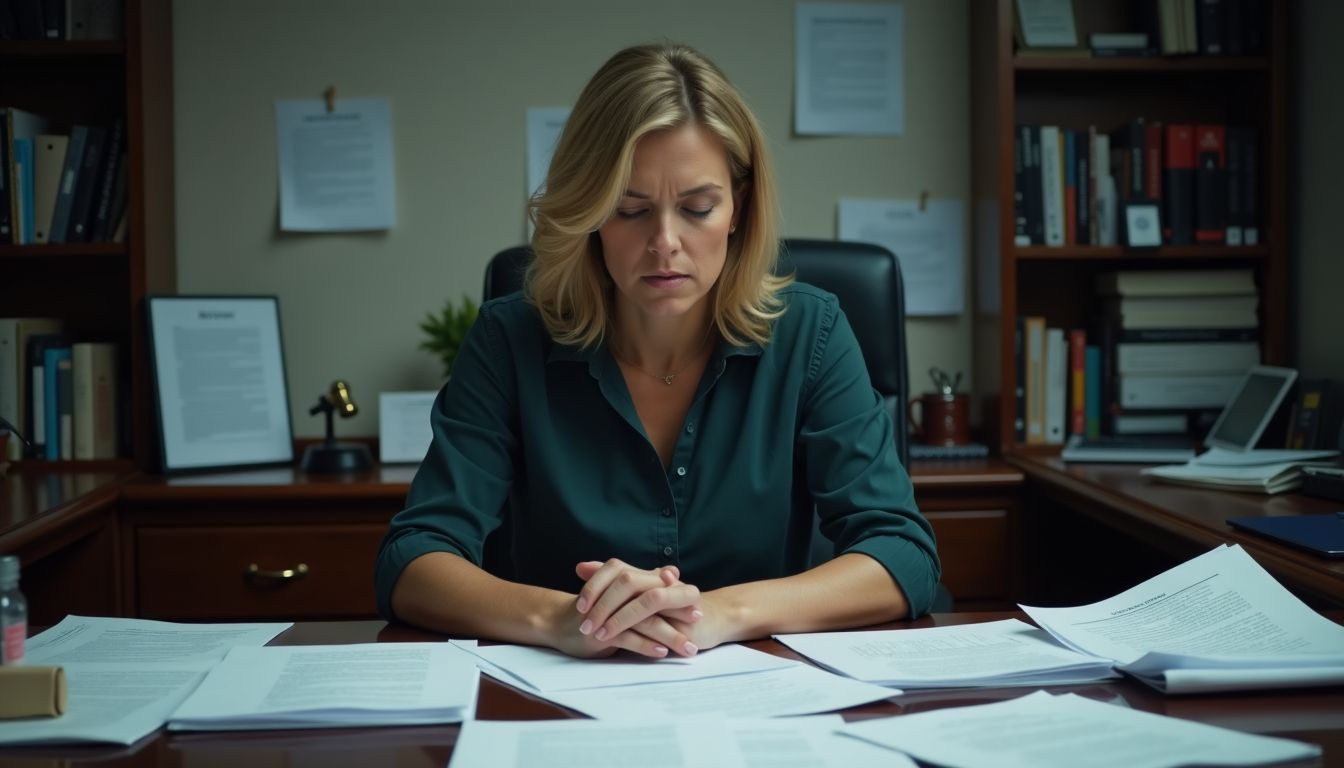
Legal stuff around vaccine injury can be tricky. Some countries have special programs to help people who get hurt from vaccines.
Navigating the Vaccine Injury Compensation Program (VICP) in the United States
-in-the-united-states.jpg)
I've dealt with the Vaccine Injury Compensation Program (VICP) firsthand. It's a no-fault system set up by the government in 1986. The goal? To help folks who've been hurt by certain vaccines.
I learned that you don't need to prove anyone did anything wrong to get help. That's a big plus for many people.
Here's something cool: The VICP covers vaccines given to pregnant women too. This change came from the 21st Century Cures Act. The program gets its money from a small tax on each vaccine dose.
It's only 75 cents per shot. The U.S. Department of Health and Human Services runs the show. They handle all the claims and decide who gets help. It's not perfect, but it's there to support those who need it most.
Understanding the Vaccine Damage Payment Scheme in the United Kingdom
I've got some info about the Vaccine Damage Payment Scheme in the UK. It's a program that gives a one-time payment of £120,000 to people hurt by vaccines. This money is tax-free, which is nice.
The scheme started way back in 1979 as a short-term fix, but it's still around today.
Here's something cool - you can even claim for someone who has passed away. But keep in mind, this isn't meant to be full compensation. If you need more, you can still take legal action.
Oh, and if you speak Welsh, you're in luck. All the info is available in Cymraeg too. It's great they're making sure everyone can understand it.
Exploring the Countermeasures Injury Compensation Program (CICP)
The Countermeasures Injury Compensation Program (CICP) is a safety net for individuals hurt by certain medical treatments. It's there to help if you've been seriously injured or lost a loved one due to covered countermeasures.
I've observed the numbers, and they're striking. As of November 2024, over 14,000 claims were filed, but only 105 were found eligible for compensation. For COVID-19 claims specifically, out of 13,520 total claims, just 65 were deemed eligible, with 18 actually getting compensated.
Here's something crucial to consider:
CICP serves as a payer of last resort, compensating only for expenses not covered by other insurers.
This means they'll step in when other options run out. But there's a limitation - you've got to file your claim within a year of getting the treatment. It's also worth mentioning that CICP doesn't differentiate which company made the treatment.
They evaluate all claims equally, regardless of the manufacturer or brand name.
Seeking Legal Advice for Vaccine Injury Claims

When you're dealing with a vaccine injury, you might need a lawyer's help. I've seen folks struggle with the legal stuff, and trust me, it's not a walk in the park.
Deciding When to Contact a Vaccine Injury Attorney
I've seen many folks struggle with deciding when to call a vaccine injury lawyer. Here's the deal: if you think a shot has hurt you, get medical help first. Don't wait around. Once you're stable, it's time to think about legal stuff.
The clock is ticking on your right to file a claim. You've got a limited time to act, so don't drag your feet. I always tell people to reach out to a lawyer as soon as they can after getting medical care.
These pros know the ins and outs of vaccine injury law and can guide you through the process.
Filing a claim isn't a walk in the park. It involves the U.S. Court of Federal Claims, which can be tricky to navigate alone. That's where a good attorney comes in handy. They'll help you gather the right proof and file your claim correctly.
From my experience, having a lawyer by your side can make a big difference in how your case turns out. They'll fight for your rights and work to get you the compensation you deserve.
So, if you're feeling off after a shot, don't brush it off. Get help and consider talking to a vaccine injury attorney pronto.
What to Expect During a Vaccine Injury Claim
During a vaccine injury claim, I'll need to gather lots of proof. Medical records are key. They show what happened after the shot. I'll also need to write down all my symptoms. This helps show how the vaccine hurt me.
Sometimes, other people might need to speak up for me too. Their stories can make my case stronger.
The claim process can take a while. I might wait months or even years for an answer. It's not easy to prove a vaccine caused my problem. These injuries don't happen often. That's why having a lawyer who knows about vaccine cases can really help.
They can guide me through all the steps and paperwork. It's important to file my claim within three years of getting sick. If I miss this deadline, I might lose my chance to get help.
People Also Ask
1. What exactly is a vaccine injury?
A vaccine injury is when someone gets sick after getting a shot. It's like when you eat bad sushi and get a tummy ache, but with vaccines. These problems can range from a sore arm to more serious stuff like breathing issues or nerve problems.
2. How common are vaccine injuries?
They're as rare as a unicorn sighting! Most people sail through vaccinations without a hitch. But sometimes, the body throws a curveball. Adverse events following immunization (AEFIs) can happen, though they're not common.
3. What are some examples of vaccine injuries?
The list is longer than a kid's Christmas wishlist! It includes Guillain-Barré syndrome, brachial neuritis, and even frozen shoulder. Some folks might get fevers, allergic reactions, or in super rare cases, autoimmune disorders.
4. Can I get help if I have a vaccine injury?
You bet! Uncle Sam's got your back with the National Vaccine Injury Compensation Program (NVICP). It's like a safety net for those rare cases when vaccines cause more harm than good.
5. Are COVID-19 vaccine injuries different?
The new kid on the block, COVID-19 vaccines, can cause similar issues to other shots. But don't worry, they're still safer than playing chicken with the virus! Severe allergic reactions are rare but possible.
6. How can I tell if I have a vaccine injury?
If you feel off after a shot, don't brush it off. Look out for breathing troubles, weird bruising, or neurological symptoms. It's like being a detective for your own body. When in doubt, give your doc a shout!